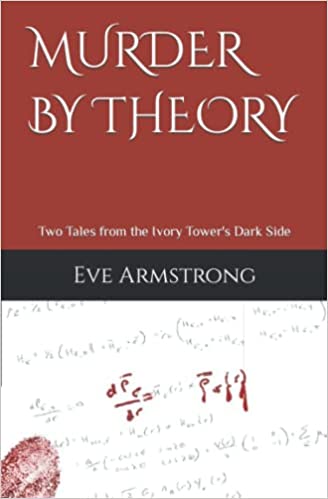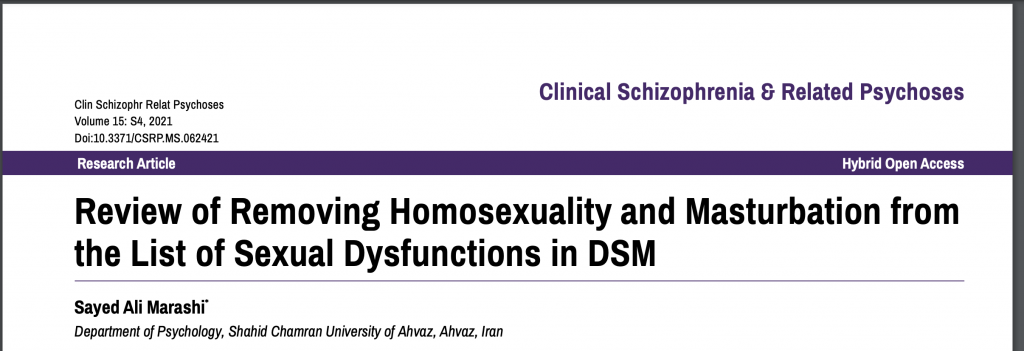Retraction Watch readers may recall Eve Armstrong’s April Fool’s preprints modeling a potential prom date and proving that it was, indeed, Colonel Mustard with a candlestick. We’re pleased — no fooling, and a few weeks early — to present an excerpt from Armstrong’s new work of fiction, Murder by Theory: Two Tales from the Ivory Tower’s Dark Side.
FACULTY MEETING MINUTES
Department of Physics
Arlington University
Date: 2023 September 5, Tuesday
Time: 11:00 am
Location: 329 Hieronymus B. Cottonfield Hall of Physical Sciences, 4th-floor conference room
Present:
- Ezekiel Gold (Zeek): distinguished professor and department chair
- Simone Amiri: tenured associate professor (19 minutes late)
- Hakim Abargil: associate professor, soon to be tenured
if he doesn’t torpedo his own review (17 minutes late) - Harvey Gadsby: distinguished professor
but you’d never know based on appearance (25 minutes late) - Leon Scharf: postdoctoral fellow
who’s not supposed to attend faculty meetings - Alice Jackson: new assistant professor (25 minutes late)
- Louis Janvier: assistant professor.
Absent:
Agenda:
Determine whether instructors for Physics 109 should agree to normalize the choice of textbook across all sections taught, beginning in the spring semester.
Summary:
I, Louis Janvier (pronounced jan vyé with the stress placed on the second syllable), first-year assistant professor, will record the faculty meeting minutes in the Department of Physics this semester. I am happy to do it. In fact, I volunteered to do it, in order to receive the one credit of teaching release that accompanies the position. Further, my expansive vocabulary, nimble and dexterous fingers, and outstanding aptitude for creative writing instills in me a sense of responsibility to perform the role, as these skills render me more fit for it than any of my colleagues. To be clear, nobody forced me to take this on. Taking these minutes was entirely my choice, as I do not take orders and am not a trained monkey. My colleagues respect me. I have been making unique and creative contributions to this department for nearly one full year.
Continue reading Murder by Theory: Tales from the Ivory Tower’s Dark Side








